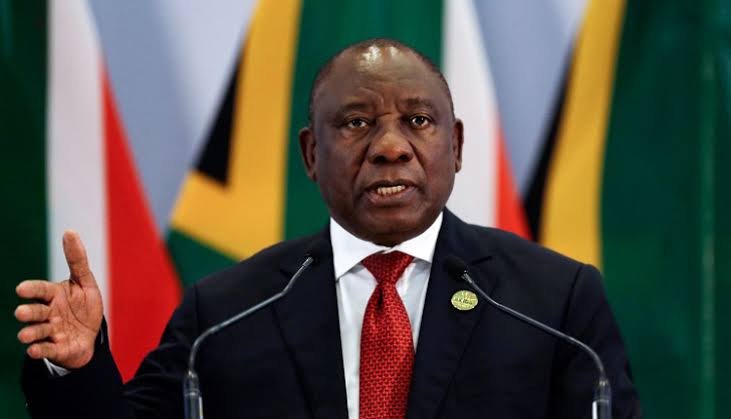South Africa to stay on analogue TV until 2037
The controversial law on analogue TV in South Africa has been brought to rest with the announcement by the country’s cabinet that South Africa will not migrate from analogue to digital terrestrial television until 2037. The project has proved “too complex to manage”, and so a decision has been made to stay on analogue broadcasts for at least the next 15 years.
By 2037, depending on how the market has changed, the government – in consultation with industry players and sector regulator Icasa – will at that point decide whether it makes sense to extend analogue broadcasts for a further 15 years, to 2052.

The surprise announcement is likely to be met with dismay by industry players, especially telecommunications operators that had been expecting to get access as soon as this year to valuable radio frequency spectrum through the migration of the country’s television broadcasters to digital technology.
The digital dividend bands, at 700MHz and 800MHz, were meant to be freed up
The digital dividend bands, at 700MHz and 800MHz, were meant to be freed up through the broadcast digital migration project but will now remain in the hands of the SABC, e.tv and other broadcasters for the foreseeable future.
Read also : South Africa’s Absa Bank Appoints New CEO
Government first began planning the switchover to digital in 2006, when then-communications minister Ivy Matsepe-Casaburri committed to getting the project done by December 2010. That deadline was missed, as was the later commitment – of June 2015 – made to the International Telecommunication Union, an agency of the United Nations.
“Given the enormous complexities around managing the broadcasting digital migration project, the cabinet has decided – in the interests of the television-viewing public – that analogue switch-off will be delayed until 31 March 2037,” a cabinet spokesman said.
Read also : Nigeria’s Thrive Agric Secures $56.4m Loan To Strengthen Its Farmer Base
The decision has taken the pressure off the broadcasters to complete the migration but it’s already raising the hackles of the country’s mobile telecoms operators that were eager to get access to the digital dividend bands.
The visibly irate CEO of one leading mobile operator, who asked not to be named, said: “Only a fool could have come up with this idea.”
Kelechi Deca

Kelechi Deca has over two decades of media experience, he has traveled to over 77 countries reporting on multilateral development institutions, international business, trade, travels, culture, and diplomacy. He is also a petrol head with in-depth knowledge of automobiles and the auto industry



